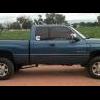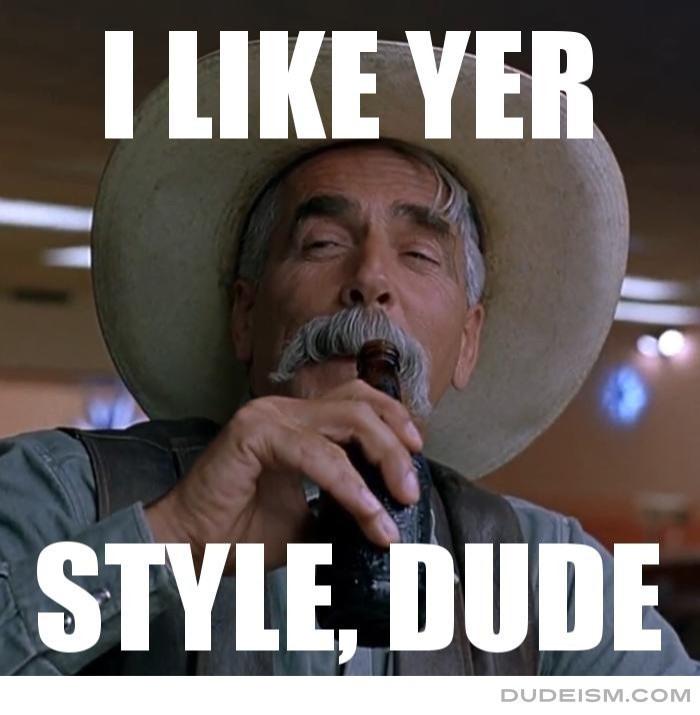- Replies 86
- Views 14.6k
- Created
- Last Reply
Top Posters In This Topic
-
Me78569 37 posts
-
TFaoro 17 posts
-
Mopar1973Man 16 posts
-
AH64ID 8 posts
Most Popular Posts
-
Add more timing till tylers head pops. Thrn back it off a little.
-
-
The canbus tuning max for 0-5 psi has been raised to %115 rather than 105%. this should allow more fuel at cruise, which should lower TPS input and raise timing. From the images I posted before the









So while Mike is happy with the power of the quad he is struggling to get good mpg out of the unit, unlike Tyler and myself. Bothersome because we didn't even have to try it just came with the lack of smoke.
I think Tyler did 21 on his first try with his firehouse injectors and I did 24.7 without trying with my 100's
Mike however is struggling to hit 20.
We are all running the same timing map, but different tuning on the canbus fueling.
I am however down at nearly sea level now running Mike's tune and I am smoke free so I know Mike's tune is WAY under fueled since he has 50's. I am betting Mike has get away with a starting point of 98 or even 100 rather than the 93 he has with his current tune.
Watching the timing number I can see what I get high timing at high revs and low throttle / load.
At 1500 rpm 55 mph and flat ground low tps you can easily see 22 or 23* as soon as you increase throttle to 25-30% timing drops like a rock to 14-16*.
Once revs get up above 2200 then timing starts getting high again.
So what makes for good mpg, I have never bothered to look or research but I am assuming we are dealing with timing advancement before TDC? Am I off on this thinking?
My current thinking is since Mike is under fueled due to the low canbus tuning he is having to us significantly more tps which is dropping the timing.
So any thoughts on this? I am assuming that Mike's issue is the under fueled tune causing him to need higher tps at cruising causing the oem map to retard.